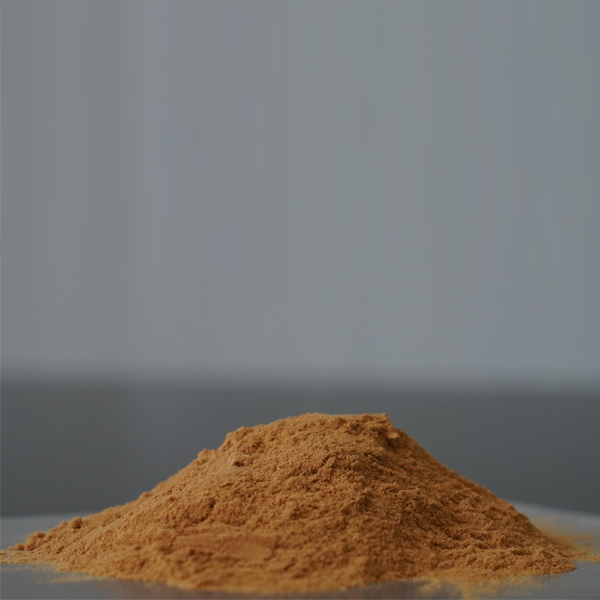
News
Oct . 05, 2024 03:36 Back to list
Benefits of Using Water-Soluble Iron Fertilizers for Plant Health and Growth
Water Soluble Iron Fertilizer An Essential Nutrient for Plant Health
Iron is a vital micronutrient that plays a crucial role in the physiological processes of plants. It is primarily involved in the synthesis of chlorophyll, which is essential for photosynthesis. However, iron availability in the soil can often be limited due to various factors, including pH levels and soil composition. This is where water-soluble iron fertilizers come into play, providing a readily available source of iron that plants can easily absorb.
Water Soluble Iron Fertilizer An Essential Nutrient for Plant Health
One of the key advantages of using water-soluble iron fertilizers is their quick action. When crops show signs of iron deficiency, farmers can apply these fertilizers to correct the problem rapidly, promoting healthy growth and restoring the green color of leaves. Additionally, the precise application of water-soluble fertilizers allows for better control over nutrient delivery, reducing the risk of over-fertilization and environmental impact.
water soluble iron fertilizer

There are several forms of water-soluble iron fertilizers on the market, including iron chelates, which are compounds that bind iron to organic molecules, enhancing its stability and availability. Common types of iron chelates include EDTA (ethylenediaminetetraacetic acid), DTPA (diethylenetriaminepentaacetic acid), and EDDHA (ethylene diamine-N,N'-bis(2-hydroxyphenylacetic acid)). The choice of chelate often depends on the soil conditions and the specific needs of the crops being grown.
In addition to their benefits for crop production, water-soluble iron fertilizers are becoming increasingly popular in horticulture, particularly for ornamental plants and turf management. Plants that receive adequate iron have improved aesthetics, with vibrant foliage and stronger resilience against pests and diseases. This is particularly crucial for landscaping and lawn care where visual appeal is a priority.
As agriculture moves towards more sustainable practices, the role of water-soluble iron fertilizers will continue to grow. They can be incorporated into integrated nutrient management systems, reducing reliance on synthetic fertilizers and fostering soil health. By ensuring that crops receive the necessary micronutrients, including iron, farmers can enhance productivity while maintaining ecological balance.
In conclusion, water-soluble iron fertilizers are an indispensable tool for promoting plant health and productivity. Their ability to provide readily available iron addresses the common challenge of micronutrient deficiencies in soils, enabling farmers and horticulturists to cultivate vibrant and thriving plants. As the understanding of plant nutrition evolves, the significance of these fertilizers in sustainable agriculture will undoubtedly become even more pronounced, ensuring a greener future for agricultural practices worldwide.
-
Polyaspartic Acid Salts in Agricultural Fertilizers: A Sustainable Solution
NewsJul.21,2025
-
OEM Chelating Agent Preservative Supplier & Manufacturer High-Quality Customized Solutions
NewsJul.08,2025
-
OEM Potassium Chelating Agent Manufacturer - Custom Potassium Oxalate & Citrate Solutions
NewsJul.08,2025
-
OEM Pentasodium DTPA Chelating Agent Supplier & Manufacturer High Purity & Cost-Effective Solutions
NewsJul.08,2025
-
High-Efficiency Chelated Trace Elements Fertilizer Bulk Supplier & Manufacturer Quotes
NewsJul.07,2025
-
High Quality K Formation for a Chelating Agent – Reliable Manufacturer & Supplier
NewsJul.07,2025
